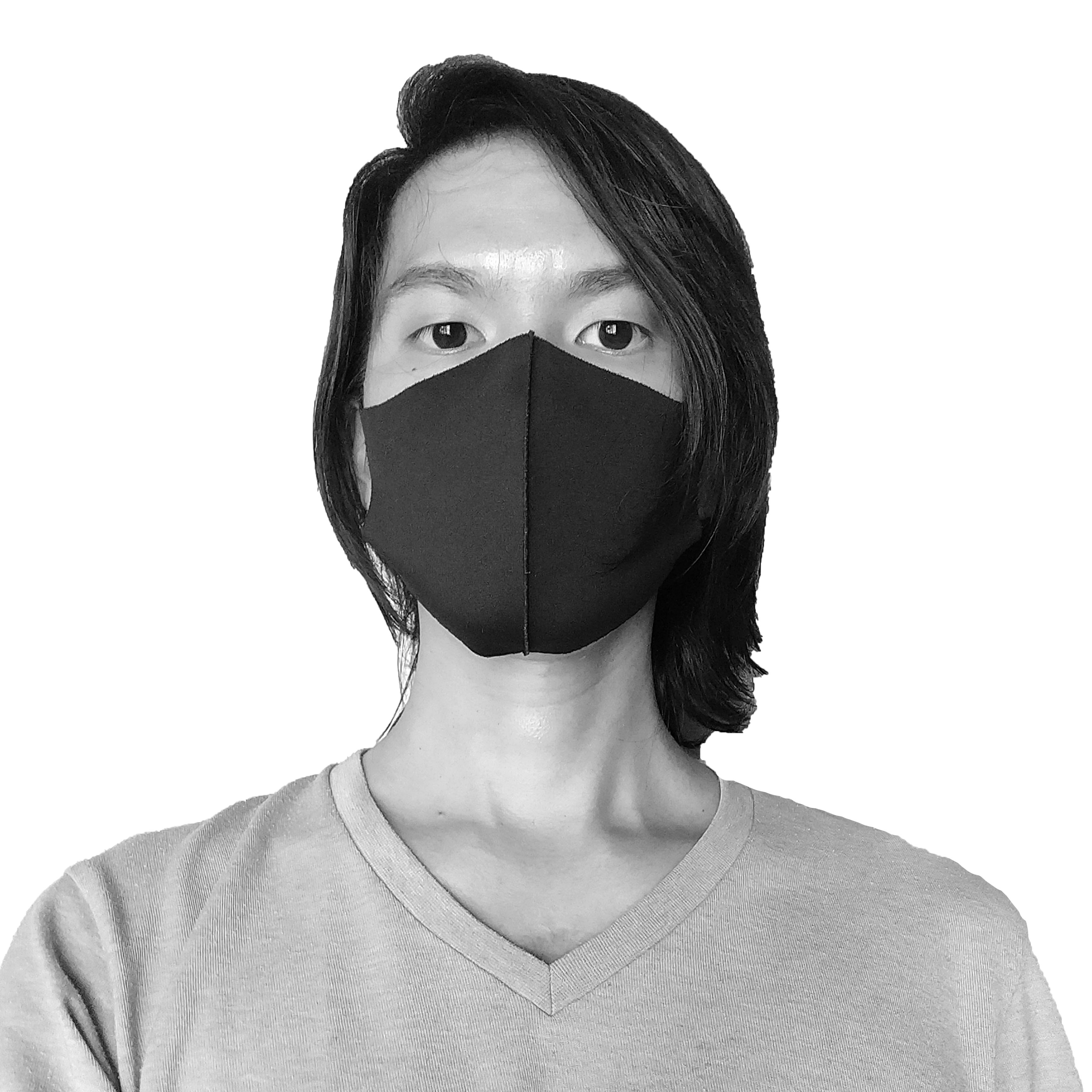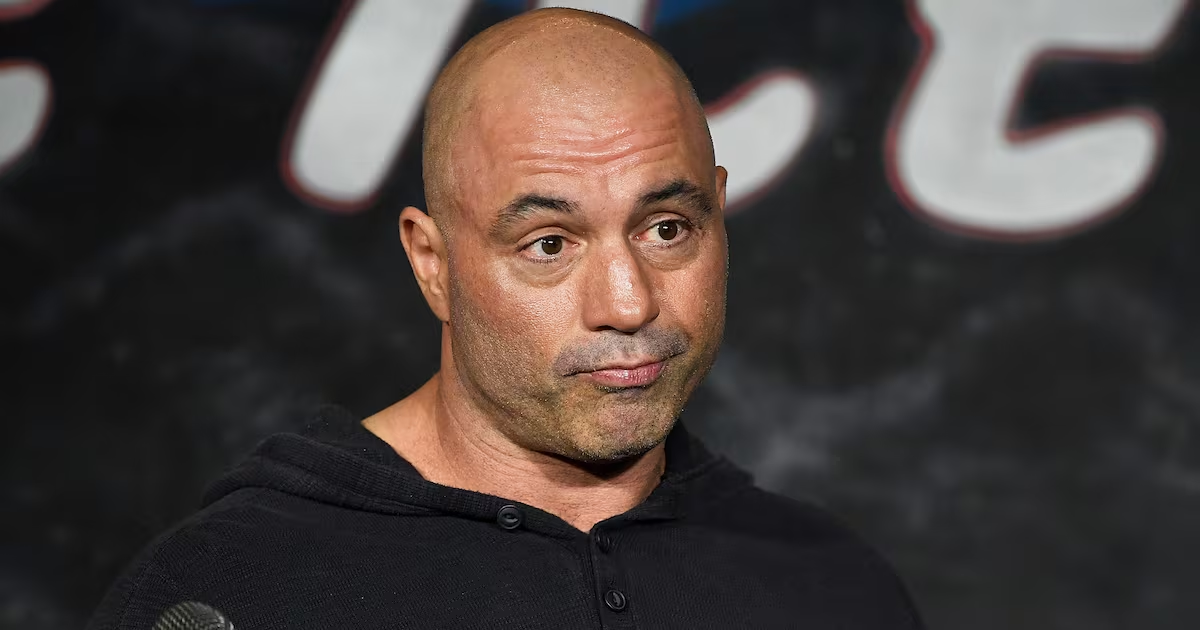HONG KONG—Through a Shanghainese exporter, I once met several Korean women who blended in perfectly at one of northeastern China’s ornate hotel bars; in fact, it seemed like they enjoyed the nighttime outing much more than the subdued local crowd around us, laughing heartily at each other’s teasings—in a spatter of Korean, Mandarin, and English for the benefit of those present—and imbibing Japanese whisky between outbursts.
Conversations meandered from their shopping routes, to good meals they enjoyed, to gossip from home that slipped out after a couple more drinks. The only thing that really stood out were rows of crooked teeth—these women were so-called “cheerleaders” from North Korea, where options for dental care are still limited and a procedure that requires months of care abroad simply isn’t one of the concessions made even to the privileged.
North Korea’s cheerleaders are now the focus of some considerable international attention ahead of the next round of Winter Olympic Games, set to take place in Pyeongchang, South Korea, from Feb. 9 to 25.
Athletes and delegates from the each half of Korea will march under the same blue-on-white map-of-the-peninsula flag at the opening ceremony—much as they did at the 2000 Sydney Olympics, then in Athens in 2004, Turin in 2006, and at the 2007 Asian Games, because the DPRK’s flag is banned in South Korea. They are even due to form a united women’s ice hockey team. That would be a follow-up to the joint-Korea team that played in the World Table Tennis Championships in Chiba, Japan, in 1991.
So there are precedents, to be sure. But in the past, the threat of a nuclear holocaust had not cast quite such a pall on relations north and south of the 38th parallel, and Donald Trump was not looming in the background, as he is wont to do, like a truculent tag-team wrestler.
North Korea also will dispatch a 140-member pop orchestra, which will no doubt perform a perfect rendition of the folk song Arirang during the climax of their show.
But all of that feel-good news has been eclipsed by one announcement: an “army of beauties” will be heading south of the demilitarized zone.
In all, 230 young women will accompany the North’s athletes and cheer them on as they compete in the Winter Games. (By contrast, it is unlikely that more than a dozen of the North’s athletes will be able to cross the minefield, because few are qualified to take part.) The ladies are all required to be in their early or mid-twenties, plucked from the top schools in Pyongyang, and vetted heavily to ensure that none of their family members have defected to other nations or have registered sympathies for foreign powers. There are height requirements (5 feet 4 inches, at least), and the prerequisite that they come from “good families.” Skills in music, dance, or other performing art forms are a huge bonus.
Some of these young women have aspirations to reach out to the outside world. A rare few are the daughters of the donju, or “masters of money,” and have spent a bit of time beyond the hermit kingdom’s confines. By the standards of the DPRK, some of these cheerleaders were born upper-class, and piggybacking on an official delegation is yet another way to take in a major event that almost anyone anywhere else in the world can watch, but which is heavily filtered at home.
Others are the elite performers of the annual Arirang Mass Games, who have spent many years honing their skills executing group maneuvers. A popular misconception is that the event are just about disciplined human pixels performing card stunts to create stadium-sized murals; in fact, it involves thousands upon thousands of gymnasts and dancers, the latter of whom don traditional Korean dresses known as hanbok, which the cheerleaders will take to Pyeongchang. This is how the candidates for North Korea’s most effective soft power group develop their stage presence, with the most animated chosen to board a ferry and head south when duty calls.
It works. In 2005, one North Korean cheerleader was even allowed to appear in a commercial for Samsung, sharing the screen with a South Korean male pop star. As one would expect, she became an overnight sensation on the Peninsula.
Although young women sent by the Kim regime to overseas posts receive lessons on the Kim regime’s Juche ideology and various levels of linguistic training—waitresses in state-owned restaurant chains can get by with the basics, while docents and attendants in a bizarre DPRK-built museum in Siem Reap speak perfect, neutral American English (even though they can’t recognize American coinage)—that won’t matter much in Pyeongchang. The North Korean cheerleaders will not be allowed to interact with anyone outside of their own delegation.
Even though the North is putting on a family-friendly show for the world, secrecy and paranoia are just beneath the veneer. Again, there are precedents: In 2005, 21 cheerleaders were sent to labor camps for having loose lips and sharing tales of the sights and sounds they encountered in South Korea. More recently, when the DPRK lost to the South in a soccer match during the 2014 Asian Games, the scores were not announced north of the DMZ for fear people would realize North Korea isn’t the Best Korea.
So—being one of the Kim regime’s amiable, graceful faces abroad isn’t quite the sweet gig it sounds. That is, unless you manage to claw your way up the food chain: the most famous woman in North Korea was once a cheerleader, too. Ri Sol Ju married Kim Jong Un a few years after she traveled to the 2005 Asian Athletic Championships as a 16-year-old.
The women I met earlier were confident individuals who believed that, as smiling faces and waving figure-models, their presence as performers wasn’t meant to change minds or inspire peace. But it’s just a fact that whatever they managed to accomplish, even if they reached the same heights as the unexpected television commercial star who came before them, the goodwill they build up will be wiped clean by the next jackbooted parade, or missile test, or combative declaration. (I am leaving out some specifics about our informal meeting at that hotel bar for their security.)
Victory is essential to Kim Jong Un, with canvases painted by state-backed artists showing North Korea’s football team winning the soccer World Cup, races, chess games, and other competitive events. The DPRK likely won’t win any medals in Pyeongchang. There will be plenty photos of pretty North Korean women splashing across screens in the South, as they are exoticized and peered at from afar, but if the goal is to dazzle their cousins in South Korea, the North’s diktat of self-seclusion won’t work so well.
When South Korean president Moon Jae-in—a former special forces soldier who was born to refugees from North Korea, and a liberal-leaning political leader who favors engaging with Pyongyang—visited his country’s Olympic athletes, he said that the North’s participation will “serve as a chance to warm solidly frozen South-North ties.” Pyongyang’s charm offensive, along with a slew of joint-Korea projects, certainly is helping that thaw. But eastward, Japanese Foreign Minister Taro Kono is wary: “It is not time to ease pressure, or to reward North Korea,” he said. “The fact that North Korea is engaging in dialogue could be interpreted as proof that the sanctions are working.”
It will take much more than the choreography of orchestras, art troupes, and cheerleaders to undo the immediate mental associations between North Korea and an unpredictable nuclear threat.
The hitherto incredible notion of initiating a military strike on North Korea has actually been given a nickname—a “bloody nose”—in Washington. Psychopathic comparisons of nuclear buttons still hang in the air. After false alerts about ballistic missile launches were issued in Hawaii and Japan, that fear only intensified.
Will the North’s “beauties” or athletes or musicians change any of that? Likely not. But for a couple weeks next month, the mood will lighten—after a major military parade staged by Kim Jong Un’s troops just a day ahead of the games.





